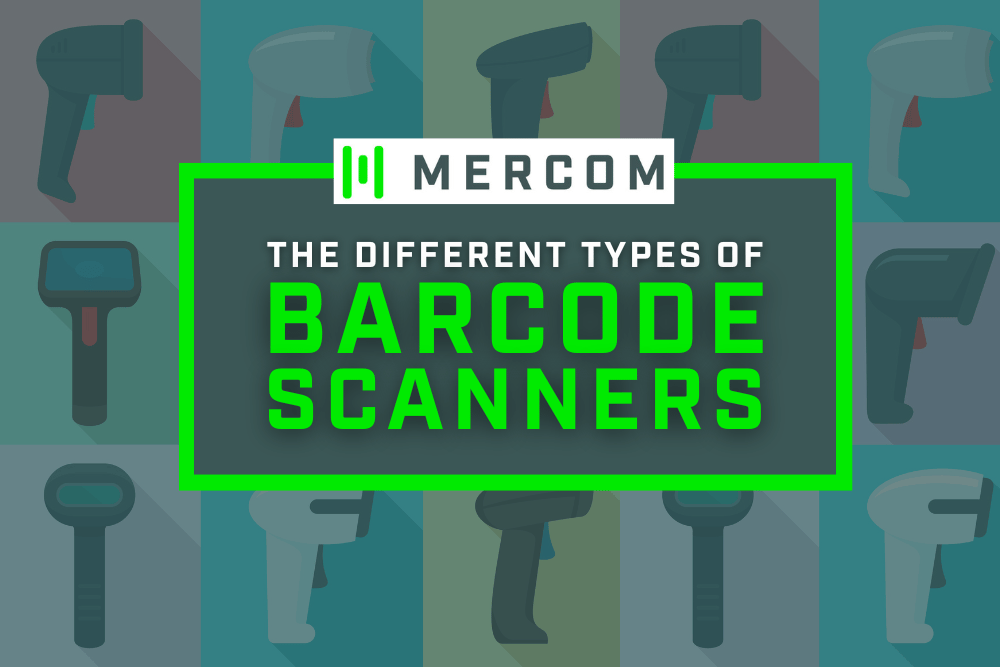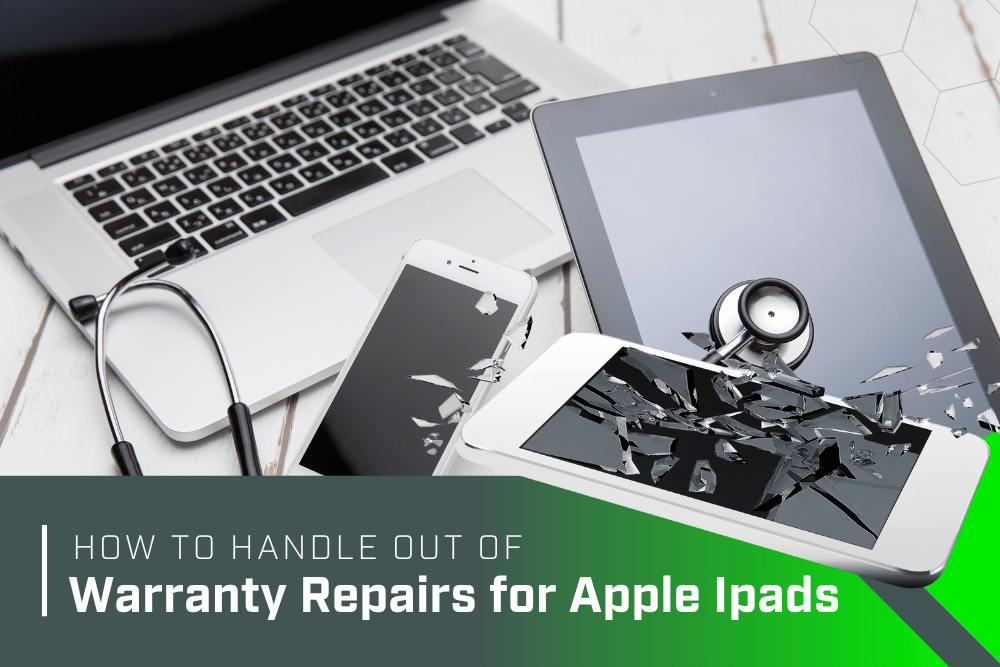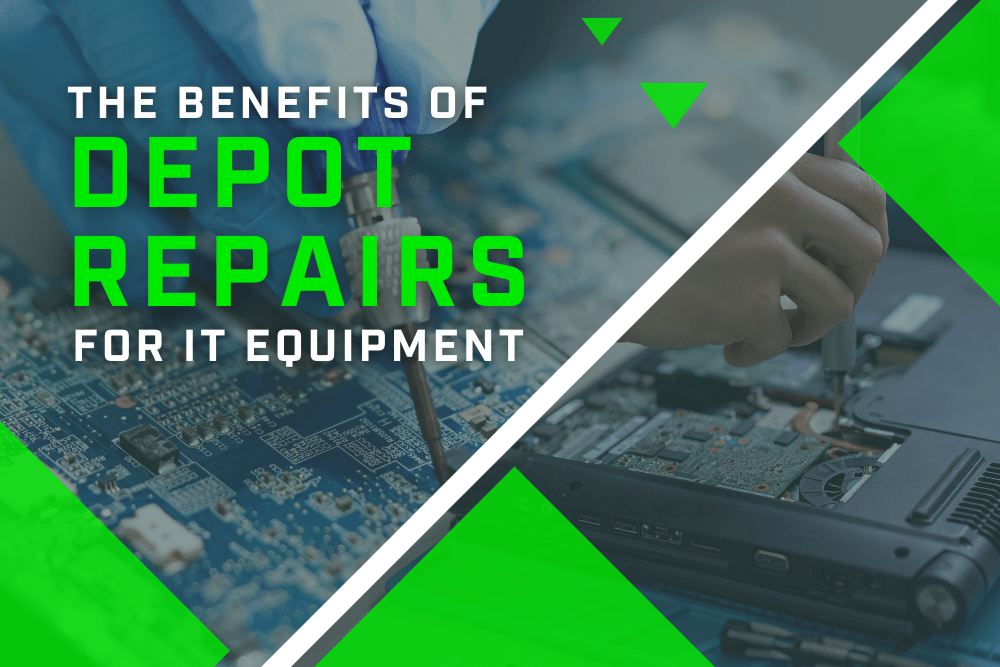The Different Types of Barcode Scanners Explained
Published on January 8, 2025
Written by: Mercom

These days any business looking to buy new barcode equipment is faced with a dizzying choice of equipment, from manufacturers such as Zebra, Honeywell, Datalogic, and more. Barcode scanners keep your operations running efficiently—whether tracking inventory, speeding up checkouts, maintaining accuracy in warehouses, or performing one of many other functions. But are you using the right scanner for your needs?
Choosing the correct scanner can save time, reduce errors, and optimize costs. With so many options available, deciding which one fits your operations best can be challenging. In this guide, we’ll break down the various types of barcode scanners, their practical applications, and the technology behind them—empowering you to make smarter purchasing decisions.
Major Categories of Barcode Scanners
Barcode scanners are typically categorized based on their function and intended purpose. Factors such as portability, durability, versatility, and cost play a crucial role in helping businesses select the right scanner. Depending on your specific requirements—whether it's frequent use, rugged durability, or advanced features—here are the main categories of barcode scanners:
Handheld Barcode Scanners
Handheld scanners are a popular choice due to their portability and ease of use. Lightweight and ergonomic, they’re widely used in retail and inventory management. These devices connect via cables or wireless technology and are ideal for straightforward scanning tasks. While they’re cost-effective, their functionality is often limited to basic barcode scanning, earning them the nickname “dumb” scanners.
Mobile Computer Barcode Scanners
Combining scanning and computing capabilities, mobile computer scanners offer features like real-time data entry and app compatibility. With built-in screens and keyboards, they are indispensable in warehouses, logistics, and large-scale inventory management. These versatile devices come at a higher cost, often starting at $1,000 and above.
Smartphone and Tablet Barcode Scanners
Businesses already using mobile devices may find smartphone or tablet scanners a convenient option. These rely on apps and cameras or attachable hardware to perform scans. These devices are particularly useful for light-duty tasks in retail or small-scale operations. They come in a variety of prices, but they may lack functionality or reliability. The higher priced brand name devices don’t have these limits, but they can be expensive.
Rugged Barcode Scanners
Rugged scanners are engineered for durability, built to endure drops, dust, the outdoors, and extreme conditions. These devices are perfect for manufacturing plants, distribution centers, and other challenging environments. They maintain consistent performance in demanding situations, offering a long-term solution for heavy-duty operations. Trusted brands like Honeywell and Zebra produce rugged models that combine reliability with advanced features, ensuring dependable operation even in harsh conditions.
Wearable Barcode Scanners
Wearable scanners are exactly that. The user may wear them on their arm, hand, or finger. They are often used in high-volume warehouse or factory settings and provide the user with greater mobility and ease of use in industrial environments.
In-Counter Scanners
These are typically seen in supermarkets that are fixed in place and scan barcodes as items pass over them. They are also in common use in factories and distribution centers to scan items on conveyor belts and other such processes.
Types of Barcode Scanners by Technology
Barcode scanners use various technologies to decode information, each tailored for specific applications and barcode types. Choosing the right technology impacts how efficiently and accurately your business can process data.
One-Dimensional (1D) Barcode Scanners
1D or linear scanners read traditional linear barcodes such as UPC or EAN codes. These scanners are ideal for retail, shipping, and inventory applications where basic scanning or other functions are needed. They provide a simple and cost-effective solution for scanning standard barcodes.
Two-Dimensional (2D) Barcode Scanners
2D scanners handle more advanced barcode types, including QR codes and Data Matrix formats. They can read barcodes from any orientation, enhancing speed and flexibility. These scanners are widely used in healthcare, transportation, and retail, where advanced encoding is common.
CCD (Charge Coupled Device) Barcode Scanners
CCD scanners rely on an array of light sensors or LEDs to capture barcode data. They work best at close range and are often used in controlled settings like retail point-of-sale systems. Durable and energy-efficient, they offer consistent performance for businesses with fixed scanning needs.
In addition to these types of scanners, they are often differentiated by the range (distance) of the scanner. Short-range scanners can scan and read bar codes from a few feet away, whereas long-range scanners are designed to work from a long distance. Some long-range scanners work at a distance of 10 yards or more.
Types of Barcode Scanners by Connectivity
Connectivity is a key factor in choosing the right scanner. It determines how the device communicates with your systems and the flexibility of its use. The two primary options are corded and cordless scanners.
Corded Barcode Scanners
Corded scanners connect to computers or terminals via cables such as USB or serial connections. These scanners are ideal for fixed workstations, such as checkout counters or deskside inventory checks. They provide reliable power and data transfer without requiring batteries, though mobility is limited due to the cable.
Cordless Barcode Scanners
Cordless scanners use Bluetooth or Wi-Fi to transmit data wirelessly to a host device. These scanners allow for greater freedom of movement, making them an excellent choice for warehouses, retail floors, or large inventory spaces. Many models include features such as memory storage and out-of-range alerts, ensuring smooth operation even when connectivity is interrupted.
Why Choose Mercom for Refurbished Barcode Scanners and Repairs?
Selecting the right barcode scanner is only part of optimizing your operations. Keeping your devices in top condition ensures long-term performance and reliability. At Mercom, we specialize in repairing all types of barcode scanners, from handheld and rugged devices to advanced 2D and mobile computer scanners. With over 25 years of experience, we provide businesses with dependable solutions to keep operations running smoothly.
Along with maintenance and repairs, Mercom also offers refurbished barcode hardware with a one-year warranty. Buying new barcode equipment is expensive, and Mercom provides Certified Refurbished barcode hardware with significant cost savings over new hardware.
If your barcode scanners need maintenance, repairs, or a performance evaluation, our team is ready to help. Contact Mercom today for expert service and explore how we can streamline your hardware management.




